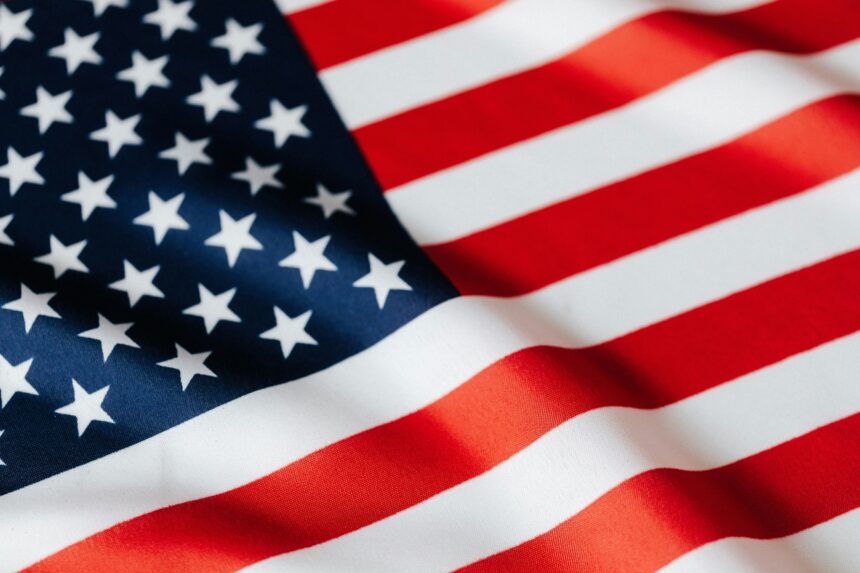The United States’ withdrawal from the World Health Organization (WHO) has sparked intense discussions, especially in Nigeria.
Health experts in Nigeria have begun to express their concerns about the potential ramifications of US withdrawal from WHO. They are analyzing how this withdrawal could negatively impact Nigeria’s healthcare system, pandemic response strategies, and overall public health initiatives, raising alarms about a potential loss of support and resources crucial for combating health crises.
Some health experts have pointed out that the US has historically been a significant financial contributor to WHO, providing approximately 15% of its budget.
This funding is said to be crucial for various health programs across the world especially in Nigeria, including immunizations, disease surveillance, and maternal health.
A reduction in WHO’s budget could mean severe cuts to these programs, which are vital for public health in Nigeria.
Dr Daniel Adakole, a public health expert, described the withdrawal from WHO as a major setback for global health efforts, particularly for low- and middle-income countries like Nigeria.
He asserted: “The WHO is one of the largest facilitators of health programs in Nigeria, from polio eradication to disease surveillance systems.
“The US withdrawal means reduced funding, which could destabilize critical interventions, especially in rural and underserved areas.”
Nigeria has been a major beneficiary of WHO-supported programs, including its fight against polio, malaria, and HIV/AIDS.
Also, Nigeria could face significant challenges in tackling diseases like malaria, Lassa fever, Covid-19, among others.
The financial and technical support from WHO, often backed by US contributions, has been instrumental in managing these diseases.
Dr. Mojisola Akanji, a virologist, said that the decision came at a time when global health systems were still grappling with the aftermath of COVID-19.
She stated: “Without the US, WHO’s ability to coordinate international pandemic preparedness will be diminished.
“For Nigeria, this means delayed access to critical resources like vaccines, technical expertise, and early warning systems for emerging diseases.”
It would be recalled that on January 20, 2025, US President Donald Trump announced the withdrawal of the country from the WHO.
This move was one of several executive actions taken on his first day back in the White House, signaling a continuation of his previous term’s critical stance toward the international health body.
The reasons cited for the withdrawal included accusations of the WHO’s mishandling of the COVID-19 pandemic, its failure to adopt reforms, and its perceived lack of independence from political influences, particularly from China. Trump has long criticized the WHO, initially attempting a withdrawal in 2020 which was later reversed by the immediate past US President Joe Biden.





